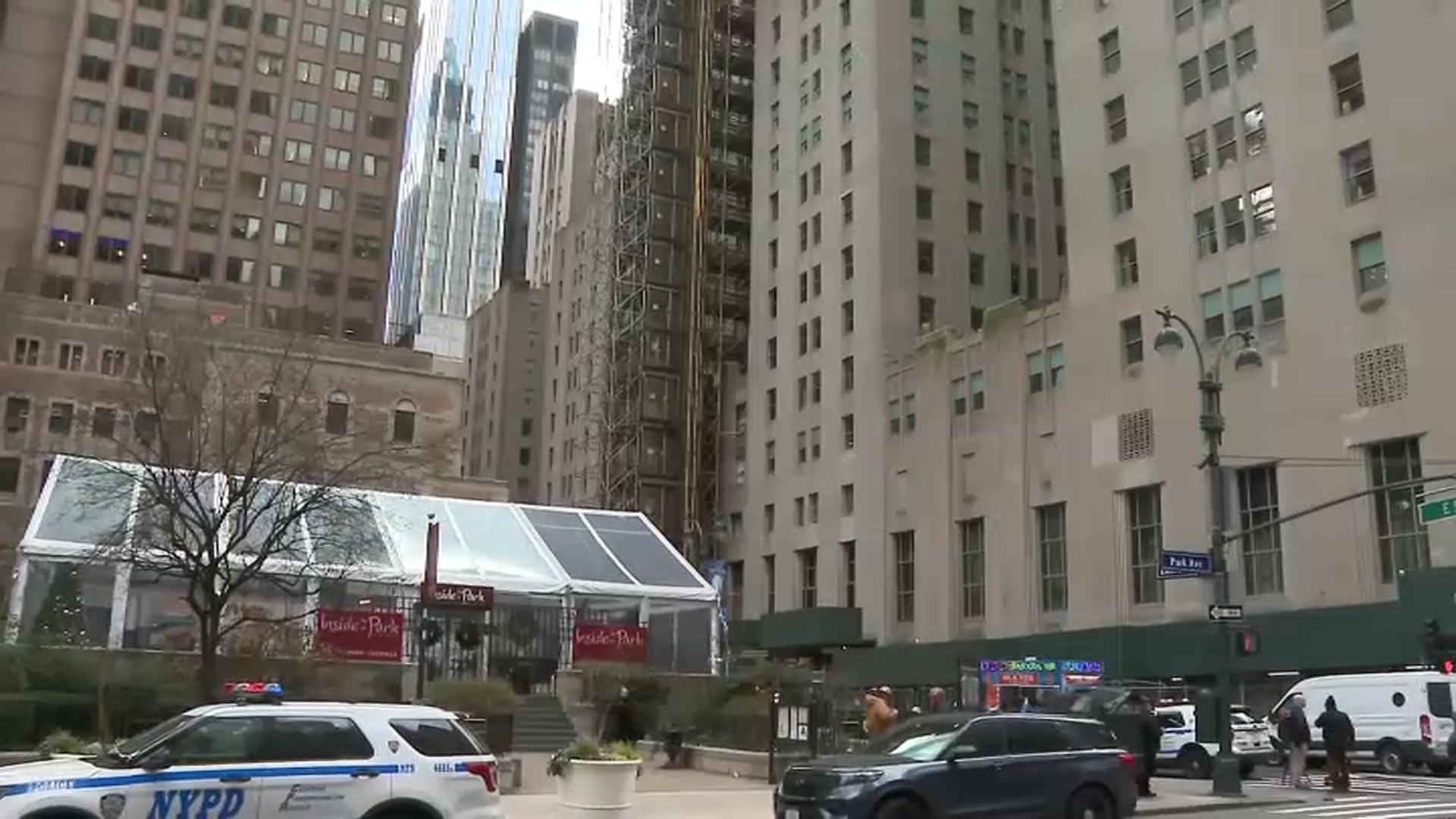New Jersey Gov. Chris Christie said he will comply with Tuesday's state Supreme Court ruling to increase aid to 31 low-income school districts by an estimated $500 million, but called the decision legally faulty and bad education policy.
And he said it will be up to the Legislature to decide how to provide the additional money as it wrestles with the state budget that must be in place by July 1, adding he would use his veto power if he disagrees with its approach.
The court's 3-2 decision Tuesday was the latest in the long-running Abbott v. Burke court battle over how much the state taxpayers must subsidize New Jersey's lowest-income schools. The court has consistently ruled that New Jersey must do more to meet the state constitution's requirement that all children receive a "thorough and efficient" education.
"The harm being visited is not some minor infringement of the constitutional right but a real, substantial, and consequential blow to the achievement of a thorough and efficient system of education to the plaintiff pupils of the Abbott districts," Justice Jaynee LaVecchia wrote in the majority opinion.
It's New Jersey's definitive political and legal issue. It's a reason New Jersey homeowners pay the nation's highest property tax bills, a major factor in why Christie wants to remake the state Supreme Court and has at its heart the vexing problem of how one state can have some of the nation's best and worst school districts.
The court's rulings have led to increased state money for those school districts, often to the detriment of the state's well-regarded suburban public schools. The low-income schools get the majority of the nearly $8 billion a year the school sent to school districts this year — an amount that was cut for the current year amid a budget crunch.
The other districts are left to rely on the nation's highest property taxes for most — and in some cases, nearly all — of their funding.
Local
The rulings are also a sore point for conservatives like the Republican Christie, who believe the court shouldn't tell the governor and Legislature how to spend tax money.
"I want to make clear to the people of this state that while I do not agree with taking another $500 million of tax revenue and sending it exclusively to 31 districts while leaving out another 550 again for any aid and any help, this is our system and I have a constitutional obligation to comply with what this court has ordered," Christie said at a news conference. "And that is what I'll do."
Christie previously said he'd consider defying the court if he disagreed with the much anticipated ruling — though on Tuesday, he downplayed that doing so was much of an option. He also warned of dire consequences if the court did what the education advocacy group Education Law Center wanted and increased funding to all schools at a cost of about $1.6 billion.
But the issue is hardly settled.
Christie left the decision on how to adjust the budget to comply up to the Democratic-controlled Legislature. But he also said he would not be shy to veto a plan he doesn't like. Last year, he cut funding to all the state's schools by a total of about $1 billion, but proposed a $250 million across-the-board increase before Tuesday's ruling.
There's plenty of room for disagreement.
Since last year, lawmakers have pushed to reinstate a lapsed higher income tax rate on filers who make more than $400,000. Christie has said he would veto that.
And State Senate President Stephen Sweeney, a Democrat, said Tuesday that that he believes 205 underfunded districts should get more from the state.
And Assemblyman Louis Greenwald, also a Democrat, said it's the governor's duty to lay out how he would adjust the proposed budget.
Coincidentally, the task of finding another $500 million in the state budget just got easier. Last week, Christie's administration told lawmakers that unexpected tax revenue should bring the state more than it was planning for the fiscal year that starts July 1 — about $500 million more. Republican Assemblyman Declan O'Scanlon said that's the money that should be tapped to satisfy the court's order
Robert Williams, a professor at the Rutgers-Camden Law School and an expert on the state constitution, said it's too cynical to think that the court picked that solution because of the state's windfall. "Those 215 pages took longer than that to write," he said, referring to the voluminous judges' opinions.
LaVecchia was joined by Judge Edwin Stern, a lower-court judge temporarily assigned to the court, and Justice Barry Albin, who also filed a concurring opinion. Justices Roberto Rivera-Soto and Helen Hoens each dissented in separate opinions. Rivera-Soto said one factor was that there were not four members of the court joining in such an important matter.
Chief Justice Stuart Rabner and Justice Virginia Long both recused themselves.
David Sciarra, the executive director of the Education Law Center, said the ruling was a good start. "This creates an opportunity to do what's right for all the school children across New Jersey," he said, and increase state aid to other districts as well.



